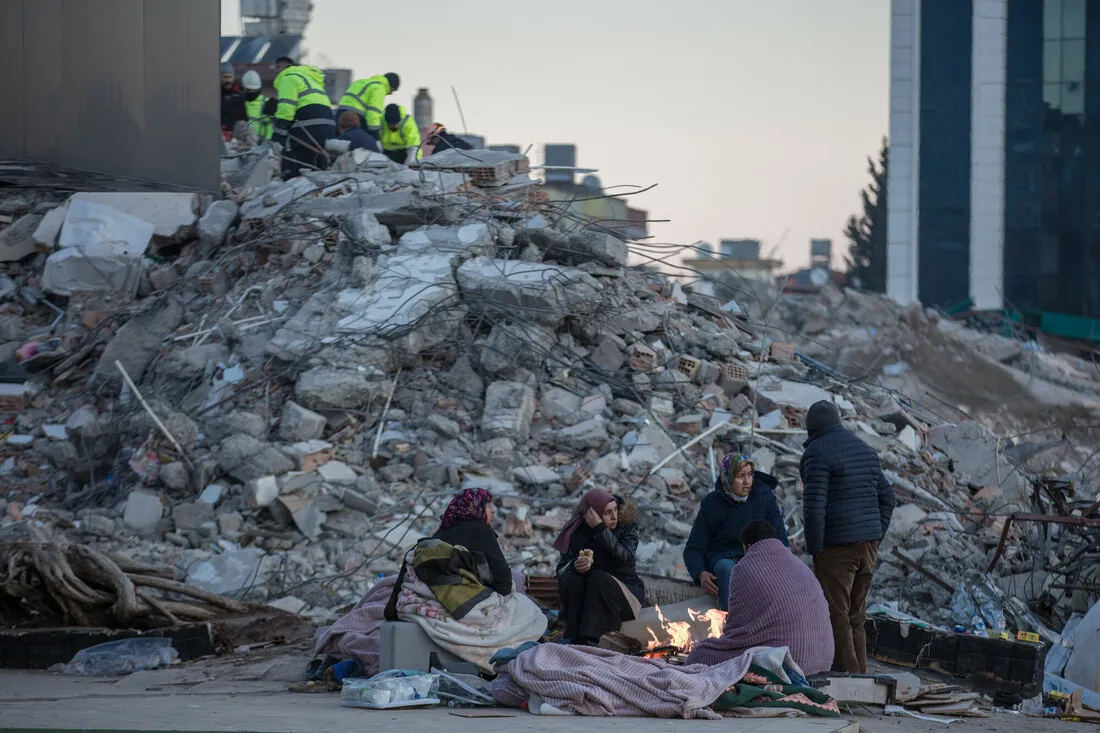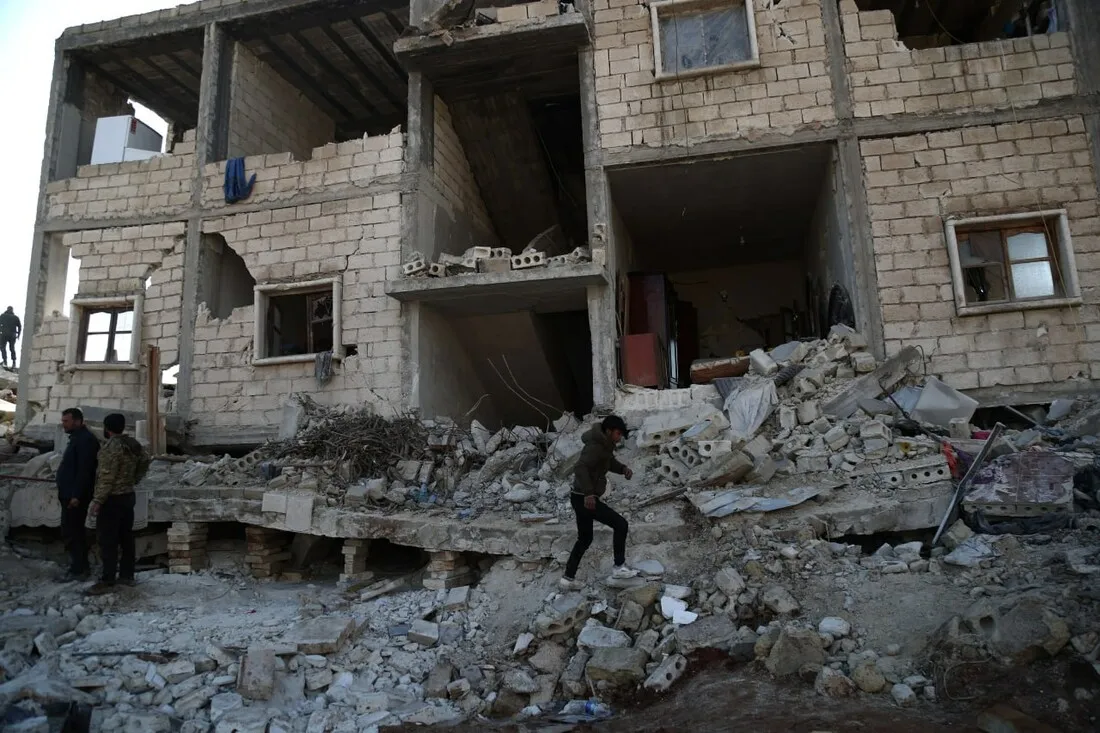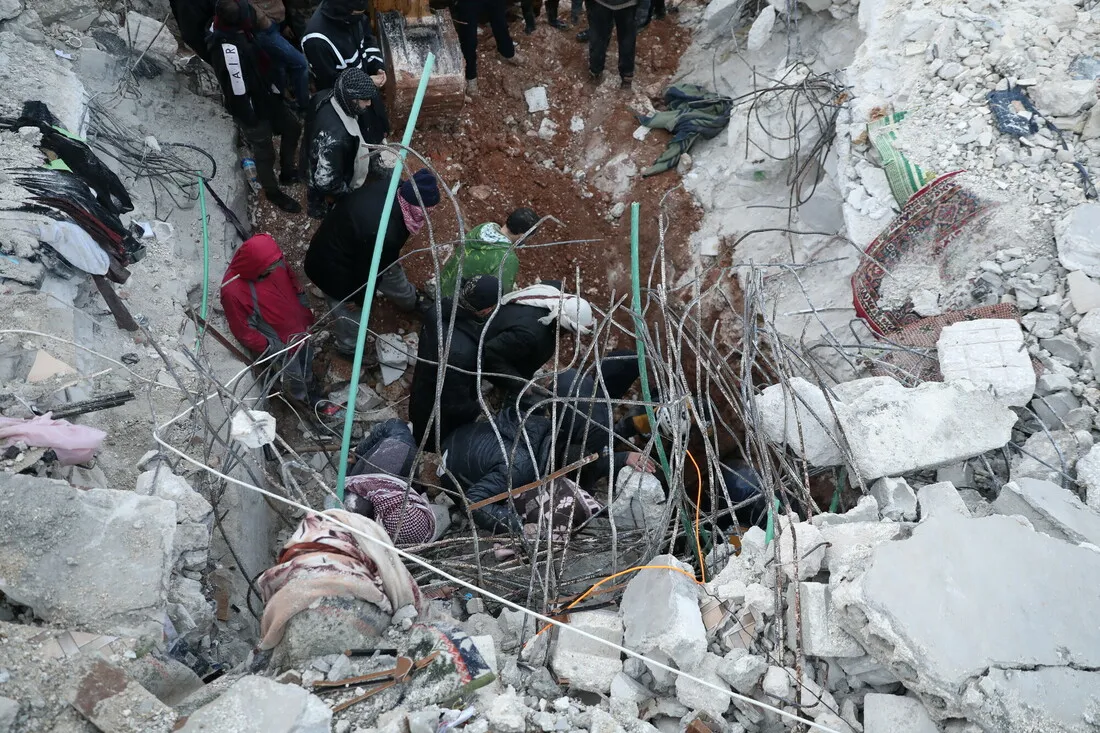About the earthquakes in Türkiye and Syria
When did the earthquakes hit Türkiye and Syria?
The powerful earthquake of 7.8 magnitude on the Richter scale struck Southeast Türkiye and parts of northern Syria in the early hours of Monday, February 6, 2023. It was also felt as far as Lebanon, Jordan, and Cyprus. Another major earthquake was recorded a few hours later, measuring 7.5 in Central Turkey, 100 km to the north of the epicenter of the first earthquake, and was followed by several more strong aftershocks, which also caused significant damage to buildings and infrastructure.
How are people affected by the earthquakes now?
Thousands of Turkish and Syrians still live in precarious conditions, either within formal container sites or inadequate shelters near their devastated homes and neighborhoods.
Across the most severely affected regions, thousands of families continue to face recovery challenges, while the humanitarian response remains largely underfunded, posing severe risks for the future of millions of people.
In Hatay, the hardest hit region in Türkiye, ongoing challenges such as water scarcity and inadequate sanitation facilities pose substantial health risks, especially for the young children, the elderly, and people with disabilities.
Transportation disruptions also remain a major concern, affecting access to livelihoods, education, healthcare, and social services, particularly for residents in remote rural areas or poorly connected formal sites.
Across the border, in northwest Syria, more than 60 percent of the 4.6 million internally displaced people have faced renewed displacement due to the earthquakes. Today, communities are faced with shortages of humanitarian funding and a renewed escalation of violence. This has further deepened the suffering of 4.6 million people living in dire conditions, especially in winter. Ongoing food shortages and rising food prices have left four out of five Syrians in the northwest region facing food insecurity.



